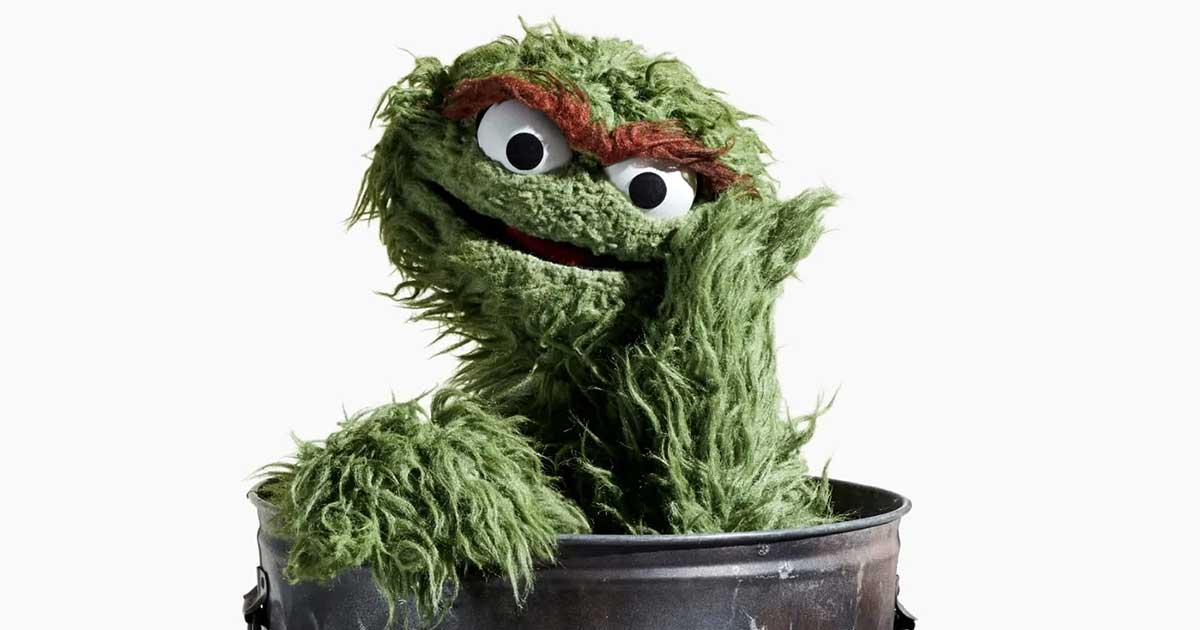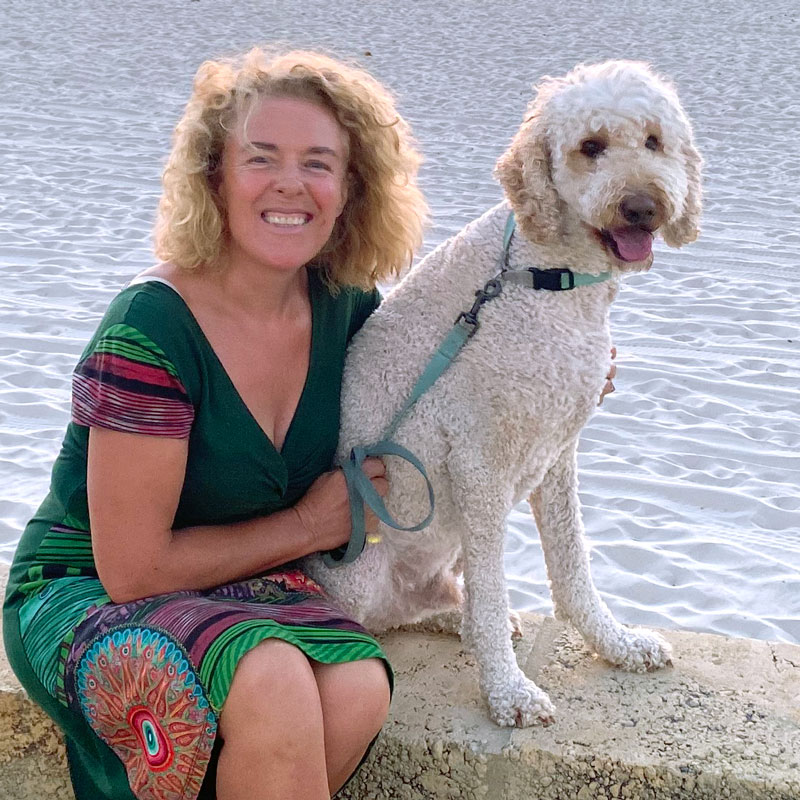It’s been fifty years since Joni Mitchell’s song ‘The Last Time I Saw Richard’ was released. I became a fan of hers in the 80s and regularly listened to her album Blue as I stared into the depths of my wine glass. The words ‘cynical & drunk’ became stuck in my brain since I first heard the song, and now, almost a year and a half into my sober life, they have become the focus of my attention. You see, once I used to think it was cool to be a cynic. I found comfort in people who believed the world was a shambles where people were just out for themselves. We would sit together in dark cafes, whingeing about the world, just like the song says, ‘hidin’ behind bottles’.
Bad for your health
So, what do I mean by cynicism exactly? It’s the belief that people have bad intentions and motives and therefore must be viewed with suspicion and distrust. In other words, it is a self-imposed blindness. Thanks to the clarity of sobriety, I have caught sight of my skewed thinking and pre-conceived ideas about literally everything in my life. As those of you that read my blog every Monday will know, I am not afraid to unpick my biases and reconstruct the scaffolding that holds my life in place. And today is no different. I have spent the last few days mulling over my own cynicism and have come to the conclusion that, if left unchallenged, will have negative consequences for my life outcomes. According to a study carried out by Everson et al., 1997, cynicism has been found to be one of the most important predictors of bad health, including increased likelihood of coronary heart disease, dementia, depression and risk of mortality. Further studies by Baron et al., 2007 and Kaplan, Bradley & Ruscher, 2004, revealed that these negative consequences extend to interpersonal relationships, self-esteem and job satisfaction. But do we really need to read reports by academics in order to understand that the way we see the world impacts on how we experience the world? I think not. All we have to do is ask ourselves this one question: Do I see the good in the world, and trust that not everybody is out for themselves? Based on the answer to that question, our fate will be determined.
Undo the damage
I want to dedicate this week’s blog to my brother, Michael, who turned 50 over the weekend. We have both been taking stock of our lives since reaching this milestone birthday and feeling immense gratitude for all that we have. The thing that we value more now than ever is our health. I am four years ahead of him in years, so I am in a position to remind him of how lucky we are to celebrate yet another birthday. In taking stock of how far we’ve come, we are also able to reflect on the things that matter most to us. Good health is something many of us take for granted, and because of this, we are more likely to do things that could put our health at risk. Michael is very supportive of my sober journey and often shares studies with me that are relevant to my recovery. The most recent of these was published in Scientific Reports and revealed that even moderate drinking is associated with decreased brain volume. Any significant loss of brain tissue will reduce the brain’s ability to function at an optimum level. There is evidence though that this damage can be partially reversed after abstinence. Interestingly, it isn’t just the risk of memory loss and associated dementia that we’re talking about here. What I find just as concerning is the damage done to the frontal lobes of the brain which control our personality, behaviour and our ability to think flexibly. From my experience, this is where cynicism can fester like an untreated sore because, fed by the toxic nature of alcohol, it is born of an inability to see the beauty of life.
It’s a wonderful life
It’s not hard to see why some people become very cynical about life. We are living in a time when devices dominate our lives and feed us stories of man’s inhumanity to man because of greed, and the suffering that ensues because of poverty. We all witness the growing emphasis on individualism and are encouraged to pursue our dreams no matter what. Every day I see a new post on social media that focuses on a person’s celebration of their individual pursuits, where they demonstrate that they are the author of their life. But what about people who aren’t as successful at pursuing their individual dreams? Do they lose their sense of self-worth because of it? I don’t think so, because I believe a sense of self-worth is directly linked to our connection to others. If you’ve ever watched the 1946 movie ‘It’s a wonderful Life’ with James Stewart and Donna Reed, you will remember the dilemma George Bailey faced. On one hand he wanted to pursue his dream to travel the world and make something of himself, while on the other, he felt compelled to protect his family and neighbourhood from the clutches of the greedy businessman, Mr Potter. At one point, he hit rock bottom because he felt a personal failure for not having ‘made something’ of himself. But the turning point was when he realised how much he was valued by those he had helped throughout his life, and the genuine love that he received from them. He realised that his greatest achievement in life was the connection he had built within his community that was based on compassion and hope.
See what you will
I’m really curious about where my beliefs come from and how they influence the way I live my life. Take my plant-based diet for example. Before I embraced this new way of eating, I had always assumed that a life without meat-based products would be too hard. It was as if I had blinkers on. As soon as I started to look beyond the blinkers, I found a whole new world of people and products that enable me to live a healthier life and to provide healthier options for my family. It was the same with my drinking. If I hadn’t been curious about how I might think and live differently without alcohol, I would still be using it as a crutch and would not have discovered this whole new world. I’ve met some amazing people so far who have also embraced sobriety and who share my beliefs that compassion, forgiveness and love are what give real meaning to our lives. It’s not about how brilliant I am on my own, but how brilliant we are together.
The opposite of addiction is connection because when we address our deepest, darkest issues we discover that we are not alone, that our pain is what connects us to others, just as much as our joy. The opposite of cynicism is trust and optimism because if we look for compassion and kindness in people, we will find it. If we trust more in the goodness of people, then we will behave accordingly. No matter how much we strive for individual success, it will never bring us satisfaction if we haven’t taken the time to be of service to others and to form meaningful relationships in which we can love and be loved. You will see what you want to see, and the world will reflect that which you have projected on to it. It really is as simple as that. There will always be a choice because there will always be good and bad. It’s up to you to decide what you focus on. It was Mahatma Gandhi who famously said,
You must be the change you want to see in the world.
Curiosity is the key. Once we are aware of how we might be stuck in a certain mindset, we can change it. I will leave you this week by once again quoting that beautiful piece of writing by Max Ehrmann, Desiderata, published in 1927 but still valid today:
… Neither be cynical about love; for in the face of all aridity & disenchantment, it is as perennial as the grass. …With all its sham, drudgery and broken dreams, it is still a beautiful world.
Thanks for being here.

